Caption: A visual representation of China's economic downturn. Across both first-tier cities and remote towns, shopping malls and markets face waves of closures, with vendors often outnumbering customers. (Video screenshot)
[People News] As the Chinese New Year approaches, the country's annual large-scale population movement, known as the Spring Festival travel rush (Chunyun), has commenced. Authorities estimate that around 9 billion trips will be made this year. However, some citizens report that economic stagnation has significantly dampened consumer spending compared to previous years.
According to Radio Free Asia (RFA), the Spring Festival travel season officially began this Tuesday. Spanning 40 days from January 14 to February 22, it encompasses rail, road, air, and water transportation. Officials predict that cross-regional travel will reach 9 billion trips, a 7% increase compared to 2024.
Wu, a Shanghai resident, told RFA on Wednesday that the economic downturn has diminished the festive spirit this year. "There's no festive atmosphere. Everything seems normal, just like any other time. Now, the supermarkets are nearly empty, and many have closed because they can't sustain operations. Just a few days ago, I went out to shop and noticed many supermarkets were shuttered. It used to take half an hour to queue at the checkout during this season, but now you can check out right after shopping. Consumer purchasing power is just too weak."
Wuhan Residents Observe Sharp Decline in Spending
Mr. Gao, a resident of Wuhan, echoed similar sentiments, noting that local spending levels during the holiday season have dropped significantly. He also mentioned that temporary stalls set up for selling seasonal goods were being closed prematurely:
"In Wuhan, they set up these seasonal sales fairs, but many vendors are pulling out early. Some stayed only a day or two before leaving due to poor sales. The only ones with buying power are retirees with pensions. Ordinary people have no money to spend. It's worse every year—what can you do?"
According to Xinhua, railway passenger volumes during the travel season are expected to exceed 510 million trips, averaging 12.75 million trips per day, a 5.5% year-on-year increase.
Gao, however, disagreed with the official numbers: "The train stations aren’t that busy, except for students returning home for winter break. Other than that, not many people are traveling by train."
Fewer Migrant Workers Returning Home
Guo Jun, a resident of Tengzhou in Shandong province, remarked that far fewer migrant workers are returning home this year.
"It doesn’t seem as busy as before. Many workers had already returned earlier this season. Ordinary trains have also reduced their services. The authorities want to push passengers onto high-speed trains. But even the Beijing-Shanghai high-speed train isn't full. With fewer slow trains, more people are scrambling to buy regular train tickets because they can’t afford high-speed rail."
Guo pointed out that Tengzhou, a midway stop between Shanghai and Beijing, used to have over ten daily train services stopping there, but now only one remains.
"Now, there’s only one slow train from Tengzhou to Beijing. On the return trip, there’s no train from Beijing to Tengzhou. They're forcing passengers to take the high-speed train. The economy is so bad that many people simply can’t afford it."
China’s uncertain economic future has prompted many to cut back on spending, particularly on high-end and luxury goods. Gao noted: "Most businesses, government institutions, and civil servants are facing pay cuts, and some can’t even receive their salaries. Everyone is worried."
Decline in Liquor Sales Reflects Weak Consumer Demand
Mr. Lu, a micro-business owner in Jiangsu, shared with Radio Free Asia (RFA) that liquor, a staple for Chinese New Year celebrations, has experienced a noticeable drop in sales this year. He stated: "The consumption situation is terrible. Even though people are preparing for the New Year, they’re spending as little as possible. Liquor sales this year are very poor, likely down by more than 50%. I just spoke to a friend who sells liquor, and he said sales are definitely worse than in previous years. Liquor is usually an essential stockpile for the New Year. If even liquor is hard to sell, it’s a clear sign the real economy has collapsed."
In recent years, the decline in consumer purchasing power and the phenomenon of unsold goods in China reflect various economic pressures and social changes. Experts believe that factors such as the post-pandemic economic recovery falling short of expectations, a sluggish real estate market, uncertainty in the global economic environment, slowing income growth, and increasing employment pressures have collectively contributed to the decline in consumer spending power and the difficulties in selling goods.

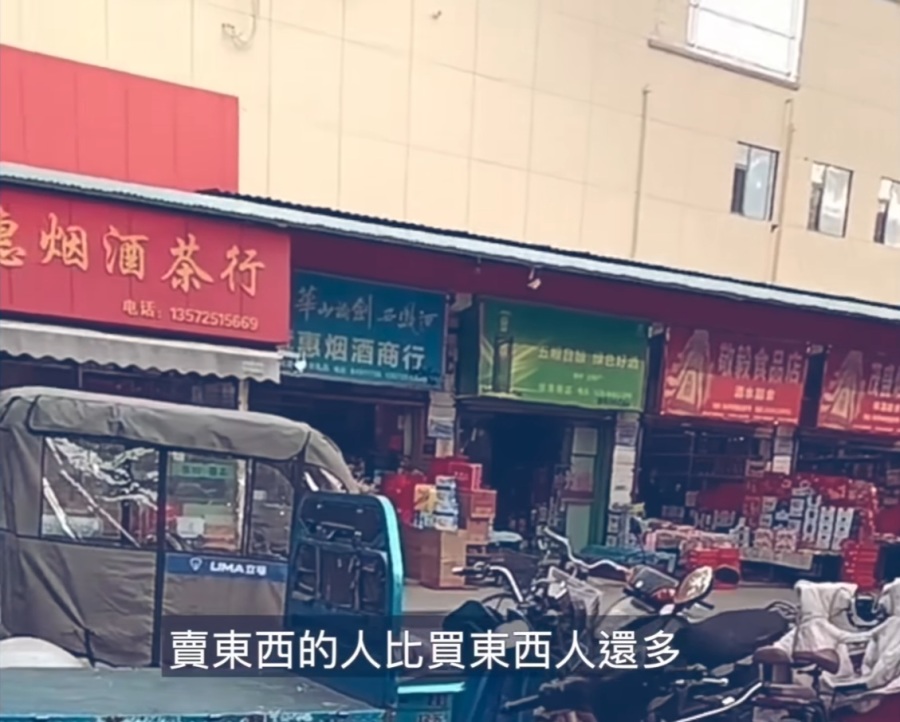

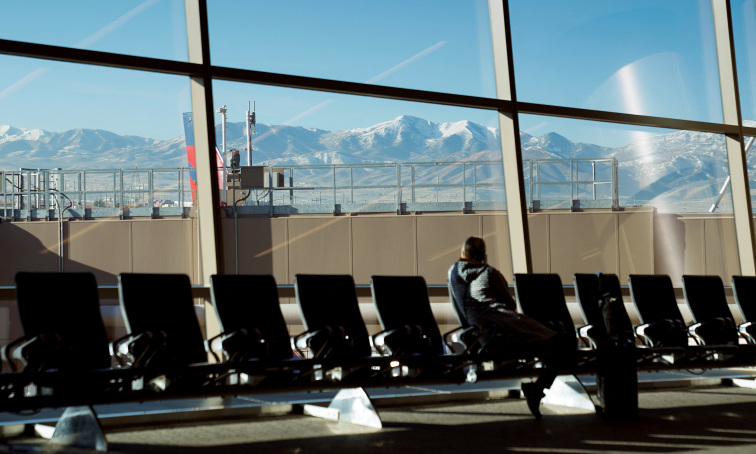
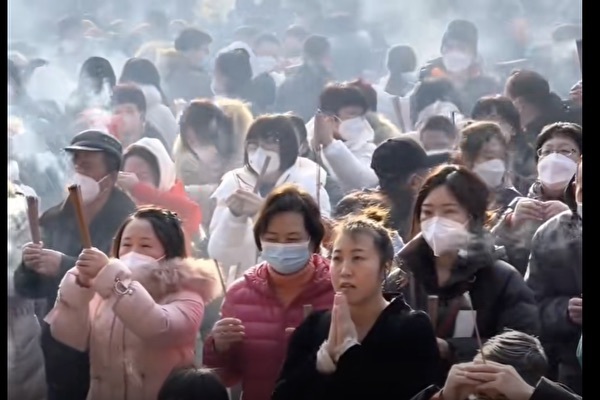

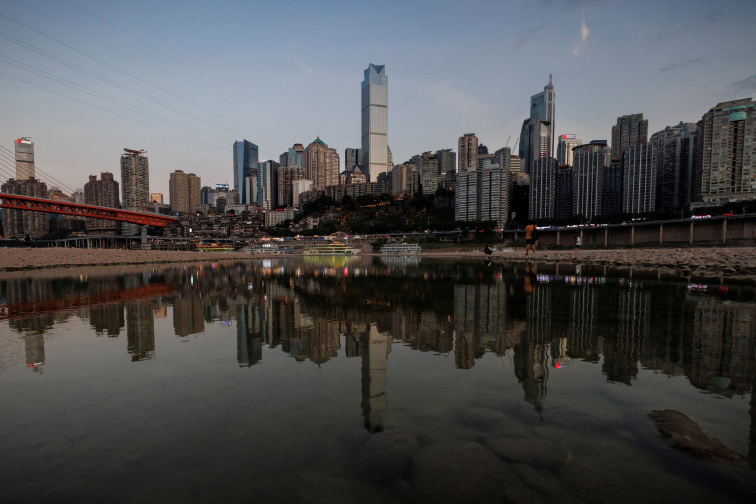
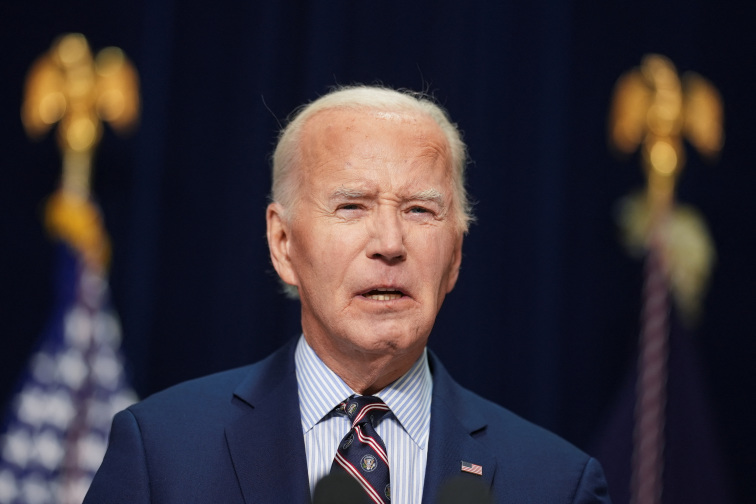
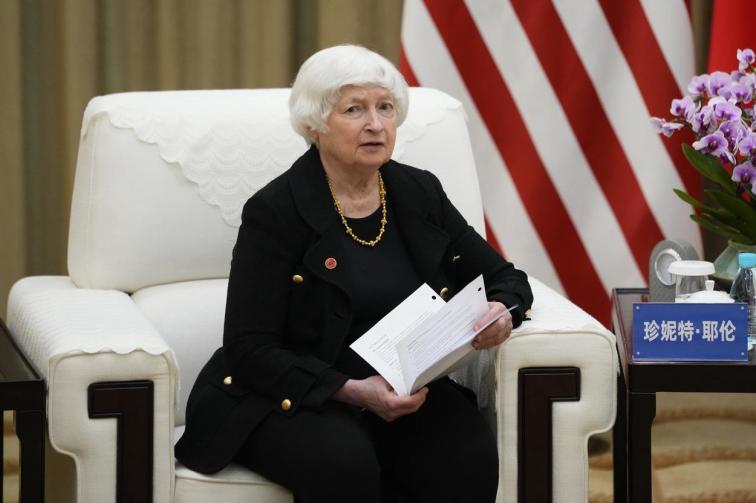


News magazine bootstrap themes!
I like this themes, fast loading and look profesional
Thank you Carlos!
You're welcome!
Please support me with give positive rating!
Yes Sure!